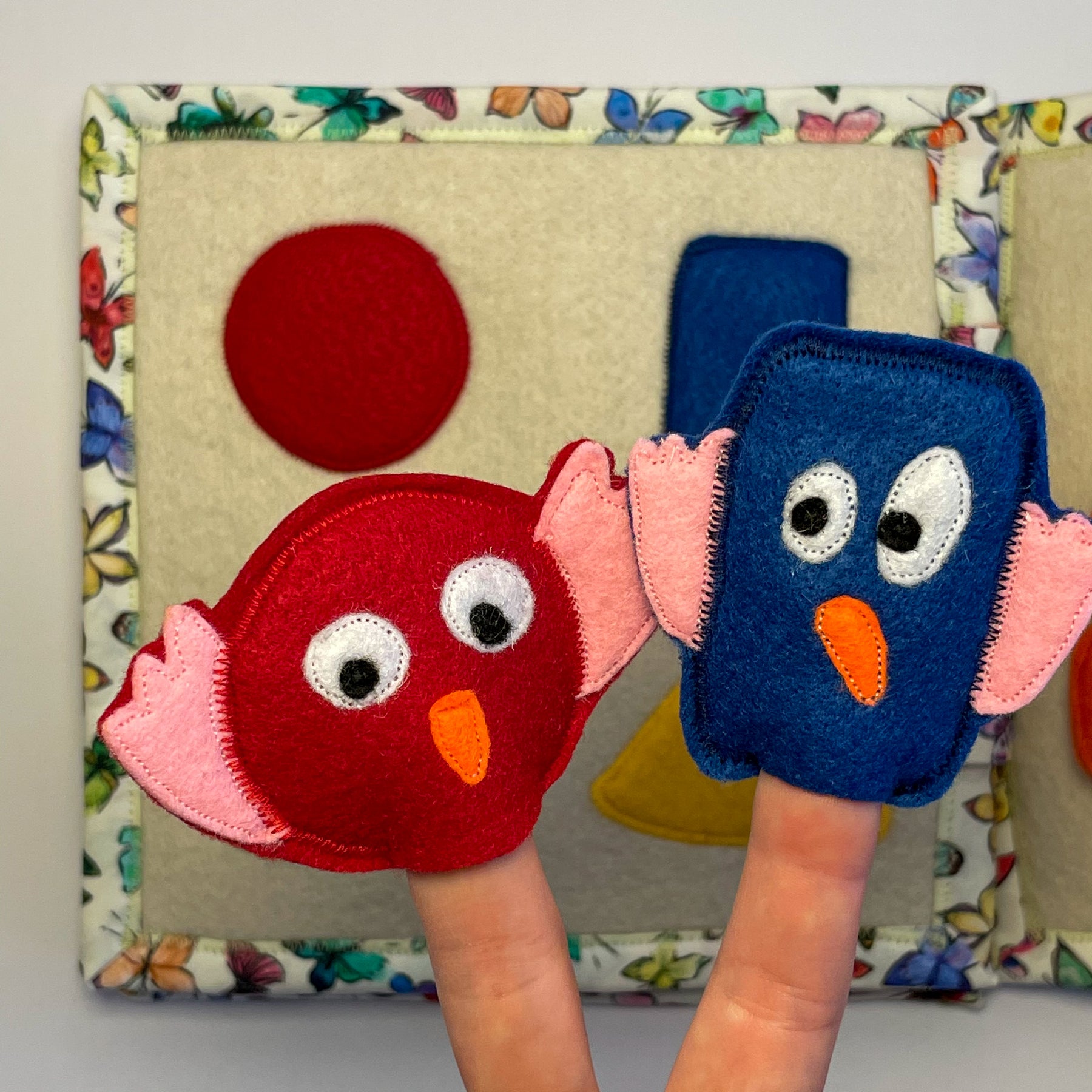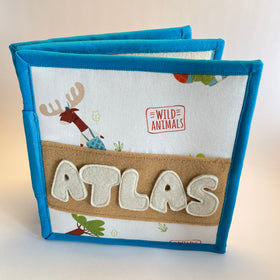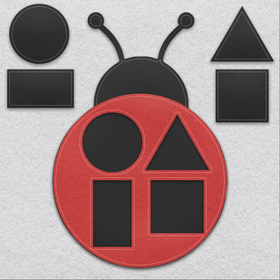
Child Development
Child development refers to the sequence of changes in physical, language, cognitive, social-emotional, and self-care skills that occur in a child from birth to early adulthood. In child development, there are skills that children can develop according to their ages. If we know what children can do in their developmental stages, we can support and nurture the development of the child at the point we call 'critical time'.
What each child can do during their developmental period may be different. Every child is different. For example, while children usually start walking at the age of 1, some children start walking at the age of 9-10 months and some at 13-14 months. That is why getting to know the child and focusing on what he or she can do is an essential part of child development.
Children have different developmental levels for different age ranges. My book designs are divided into 3 groups: 12-36, 36-48, and 48-60 months. I design pages suitable for each group’s developmental stage. There are 4 skills (numbers, shapes, colors, and daily routine) that I intend to teach these 3 groups. Specific themes (animals, vehicles, nature, etc.) are used to covey awareness of each of the different skills.
Additionally, I cover the essential areas of child development: fine motor skills, self-care and social-emotional skills, and cognitive and language development.
Fine motor skills: These include the muscular skills that children use when holding pencils, cutting with scissors, handling eating utensils, and fastening clothes. I support your child's fine motor skills in many areas and contribute to their development with the various activities I put in the books I have designed. These activities include playing with buttons (both normal and snapping), buckles, belts, Velcro, and zips. If your child prefers to watch television instead of using a pencil, only plays with large cars or babies instead of small toys or prefers to eat your food instead of eating their own food, they may need more support in nurturing their fine motor skills.
Self-care and social-emotional skills: These are skills that children develop in everything they encounter in their daily routines, such as eating, brushing teeth, changing clothes, toilet habits, etc. Children's social-emotional development starts from infancy. As they grow, children begin to gain awareness about emotions. Their communication skills and bond with others around them becomes stronger. Of course, these are all skills that will develop gradually as the child matures. That is why I design my book pages according to age. My books are designed to contribute to your child's ability to handle daily routines and to their social-emotional development. If you communicate openly with your child, give importance to what he or she feels about the book, play together, and ask open-ended questions during your games (for example, 'How would you feel if you were …?'), you will be supporting their social-emotional development in a positive way.
Cognitive and language development: These include skills that children use to learn, solve problems, pay attention, perceive, and think. There are activities such as color-color matching, color-shape matching, number-object matching, number-symbol matching, puzzles, grouping, and sorting on the pages I designed. I support the cognitive development of children in many ways. While doing these activities, children can tell many stories using their own creativity. This also contributes to their language development. As the books don’t contain any text, children can tell different stories at each time they play with the page, and the words they use will be different each time.



Einen Kommentar hinterlassen